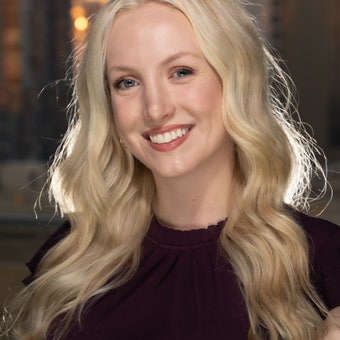Dr. Makary: New coronavirus variant 'dangerous and concerning'
Fox News medical contributor discusses coronavirus vaccine distribution and the new strain.
Prime Minister Boris Johnson warned Sunday that the United Kingdom may consider "a range of tougher measures" in coming weeks as a highly contagious coronavirus variant pushes infections to record highs.
In an interview on the BBC’s "The Andrew Marr Show," Johnson was pressed about the possibility of a return to a March-style lockdown that included limiting outdoor exercise to one hour and a ban on the mixing of households. In other European nations, a curfew was also imposed at the time.
London and southeast England have been under tough Tier 4 restrictions amid the current surge in cases. Tier 5 would be a lockdown.
AMID FEAR OVER NEW CORONAVIRUS STRAIN, FRANCE LETS IN SOME UK CARGO, PASSENGERS
"It may be that we need to do things in the next few weeks that will be tougher in many parts of the country -- I’m fully reconciled to that," Johnson said, though he refused to say what those restrictions might be. "And I bet the people of this country are reconciled to that."
"Until the vaccines come on stream in a massive way, we’re fighting this virus with the same set of tools," he added.
Johnson, though, insisted he has "no doubt" that schools are safe and urged parents to send their children back into the classroom in areas of England where they remain open.
Unions representing teachers have called for schools to turn to remote learning for at least a couple of weeks more due to the new variant, which scientists have said is up to 70% more contagious.
Marr mentioned that local councils in Brighton and Birmingham have moved to close in-person instruction and shift to online learning amid a jump in infections, citing inaction from the national government. Since schools were shuttered nationwide in March, Johnson insisted that contact tracing and testing has vastly improved to catch cases before the virus spreads between households.
UK APPROVES ASTRAZENECA COVID-19 VACCINE
The U.K. is in the midst of an acute outbreak, recording more than 50,000 new coronavirus infections a day over the past five days. On Saturday, it set a daily record of 57,725 new cases. The country, with nearly 75,000 virus-related deaths, is alternating with Italy as the worst-hit European nation, according to figures compiled by Johns Hopkins University.
London and southeast England are facing extremely high levels of new infections and there is speculation that restrictions there will have to be tightened to bring the virus under control. In some parts of the British capital and its surrounding areas, there are around 1,000 cases per 100,000 people.
Johnson's government is using a tiered coronavirus restrictions system. Most of England is already at the highest Tier 4 level, which involves the closure of shops not selling non-essential items and places like gyms and recreation centers as well as a stay-at-home instruction.
"What we are using now is the tiering system, which is a very tough system and, alas, probably about to get tougher to keep things under control," he said. "We'll review it, and we have the prospect of vaccines coming down the tracks in their tens of millions, offering people literally life and hope.
"That, I think, is something that should keep people going in what I predicted, back on your show in October, will be a very bumpy period right now. It is bumpy and it’s going to be bumpy."
UK DOCTOR FILMS NYE CROWD CHANTING 'COVID IS A HOAX' OUTSIDE HOSPITAL
The U.K. has moved quickly on the vaccination front. It was the first to begin vaccinating people over 80 and health care workers on Dec. 8 with the Pfizer-BioNTech coronavirus vaccine. Last week, regulators approved another vaccine made by Oxford University and pharmaceutical giant AstraZeneca that is cheaper and easier to use than the Pfizer vaccine.
Hundreds of new vaccination sites are due to be up and running this week as the National Health Service ramps up its immunization program with the Oxford-AstraZeneca jab. Officials say around 530,000 doses of the new vaccine will be in place Monday as the country moves towards its goal of vaccinating 2 million people a week as soon as possible.
"We do hope that we will be able to do tens of millions in the course of the next three months," Johnson said.
The Oxford-AstraZeneca shot will be administered at a small number of hospitals for the first few days so authorities can monitor for any adverse reactions. Hundreds of new vaccination sites — at both hospitals as well as local doctor's offices — are due to launch this week, joining the more than 700 already in operation, NHS England said.
CLICK HERE TO GET THE FOX NEWS APP
In a shift from practices in the U.S. and elsewhere, Britain plans to give people second doses of both vaccines within 12 weeks of the first shot rather than within 21 days, to accelerate immunizations across as many people as quickly as possible.
"My mum, as well as you or your older loved ones, may be affected by this decision, but it is still the right thing to do for the nation as a whole," the government's deputy chief medical officer, Jonathan Van-Tam, said in an article for the Mail on Sunday newspaper.
The Associated Press contributed to this report.


